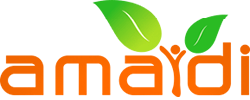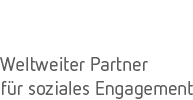On Monday, twelve companies and 15 non-profit organizations gathered in the “golden hall” of Haus Altenberg. Their common goal: to do “good business” – without any money. During the one-hour negotiation phase, the topic of money was strictly taboo.
The “Good Business” campaign, originally launched by the Bertelsmann Foundation, is an initiative that brings companies and charitable organizations together on so-called “marketplaces” to promote cooperation. Instead of money, commitment flows here in the form of contributions in kind, know-how, manpower and working hours. This is called “networking”.
Michael Becker, Deputy District Administrator, was there for the second time and emphasized: “Networks are particularly important these days. For exchange and mutual support.”
A major supporter of the event, which is organized by Tanja Siebert and Christian Gollmer, is the Dr. Jürgen Rembold Foundation from Rösrath, whose purpose is to promote civic engagement. Rembold shared from his own experience how valuable a good network can be: “Tanja Siebert has been an active member of our board for some time now”.
This is often worth more than money.







Recent Comments